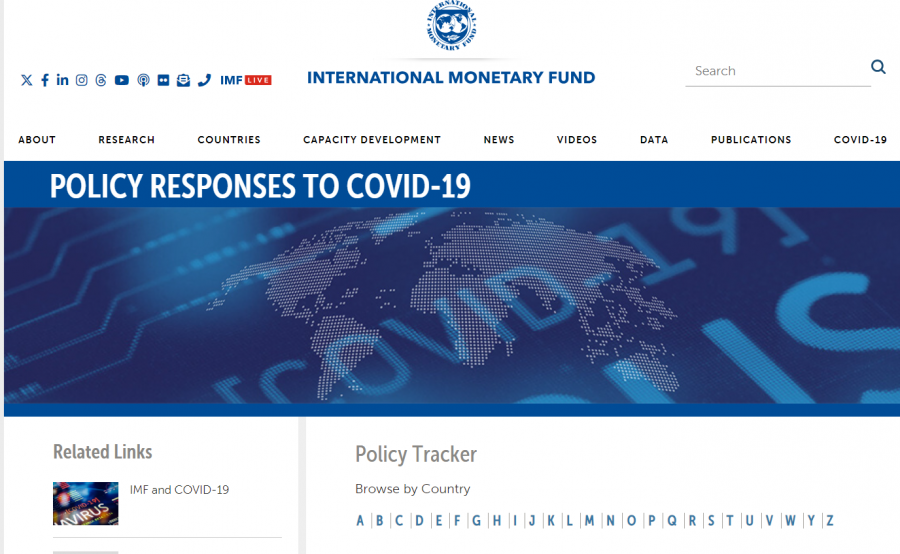Make a Difference With These Alternative Public Policy Jobs.

As previously noted, a public policy is a set of principles, guidelines, regulations, laws, and actions adopted and implemented by a governmental entity. The purpose of a public policy is addressing specific issues/needs or pursuing particular goals within a society. Those needs, for instance, might be making roads more safe. That is, a speed limit sign is an example of a common public policy encountered daily. Rules and ordinances for making annual homecoming events less riotous and destructive are also public policies. The ultimate goals of a public policy, then, are achieving desired outcomes, solving problems, or responding (or in some cases, not responding) to societal needs. Because these needs are so diverse, there are, correspondingly, numerous public policy careers.
Those with public policy experience often work in government, at all levels. There, they might take on roles as policy analysts, legislative assistants, government or public affairs specialists. Or they might find roles in non-governmental organizations or the non-profit sector as policy consultants, program evaluators, and directors.
Learn more about public policy.
Above are some of the typical public policy careers. However, there are other less common but equally satisfying career paths.
1. Urban Planner
Professionals in these roles, who are often civil, environmental, and structural engineers, focus on shaping the development of cities and communities. They strive to create sustainable, greener, and functional urban spaces by considering factors such as zoning, transportation, housing, and environmental impact.
Because urban planners must often abide by local laws and ordinances (or even suggest improved ones), they regularly collaborate with government officials at all levels. Therefore, knowledge of public policy is an asset to urban planners and their decision-making processes.

2. Environmental Policy Consultant
Environmental engineers with public policy experience can also transition into roles as environmental policy consultants. Or they could even start their own environmental consulting companies, collaborating with governmental entities at all levels.
As these consultants, they might advise on public policies related to pollution, sustainable development, water resource management, and climate change. They might also bring their technical expertise to developing and evaluating environmental policies, as well as helping to create effective, scientifically sound regulations.

3. Smart City and IoT Specialist
A smart city is an urban area that uses advanced technology, carefully designed infrastructure, and data-driven solutions. The objectives are reducing costs and resource consumption, enhancing efficiency, and optimizing the lives of inhabitants.
Engineers with policy skills and expertise in both smart city technologies and the Internet of Things (IoT) can help influence public policies related to smart cities. These could be regulations on land use, data privacy, accessibility, and so on. In these public policy careers, they might also ensure that smart city technologies abide by local and state ordinances.
4. Open Data Advocate
Open data is data that can be freely used, re-used, and redistributed by anyone. The most fundamental rules of Open Data are the following:
- Availability and Access: As a whole, data must be available at a reasonable reproduction cost, preferably by downloading. Data must also be in a convenient and modifiable form.
- Re-use and Redistribution: Data must be provided under terms that permit re-use and redistribution, which includes the intermixing with other datasets.
- Universal Participation: Everyone must be able to use, re-use, and redistribute data without discrimination or restrictions. Open data advocates, for example, are against rules that say data is not for commercial use, only for education, and so on.
Therefore, open data advocates strive to develop public policies that promote the transparency and accessibility of government data. For instance, they might encourage the release of government information in open formats. They believe that open data fosters collaboration, innovation, and accountability.
Where does public policy come in? This role involves working with government agencies, tech communities, and the public to support and advance open data initiatives.
5. Healthcare Technology Policy Analyst
As healthcare grows more data-driven, there arise issues of cybersecurity and the protection of patient information. Biomedical engineers and professionals in the healthcare technology sector with public policy experience could work as this type of analyst.
Healthcare technology policy analysts might undertake the following:
- assess public policies in the regulatory landscape for medical technologies
- contribute to the development of health IT policies
- ensure that policies keep pace with advancements in medical research and technology
- confirm that protocols in the healthcare industry align with public policies that safeguard patient data
In fact, the US has several privacy laws that protect all types of consumer data: fingerprints, retina scans, biometric data, financial data, names, and addresses. Probably one of the most well-known of these privacy protection laws is the Health Insurance Portability and Accountability Act (HIPAA) . This law, which applies to healthcare providers, hospitals, and insurance companies, safeguards an individual’s medical information. Healthcare technology policy analysts, then, might ensure that patients with biomedical devices connected to the IoT have their PHI protected.

6. Space Policy Advisor
Space exploration and commercial space activities, which have accelerated recently, will require experts with public policy experience. These advisors might focus on issues related to space governance, international cooperation, and regulations. That is, they may be involved in ensuring that their organizations follow policies governing space exploration, satellite deployment, and space resource utilization.
For instance there are national space policies, commercial space launch policies, international space cooperation agreements, licensing and regulatory frameworks, satellite remote sensing policies. There are even policies for mitigating and remediating space debris. And these are just a few public policies related to the space industry.
7. Regulatory Sandbox Manager
This public policy career, which sounds too cool to be real, is ideal for those with previous business experience. More of a legal classification than a physical location, a regulatory sandbox is a space where businesses can play without following (most of the) rules. The objective is seeing whether the removal of restrictions produces innovative ideas and products.
Still, during the experimental phase, these sandboxes must respect basic regulations for public health, safety, and privacy. First, managers with public policy expertise must ensure that these essential regulations are followed during this phase. And when businesses transition out of the sandbox, managers must then confirm that they respect all relevant public policies.
8. Behavioral Economist / Policy Behavioralist
Those taking on this role work in many fields. As behavioral economists, they combine insights from economics, psychology, and/or cognitive science to analyze how people make decisions.
For instance, a policy behavioralist might work in the public health sector, analyzing data to evaluate a group’s potential response (acceptance? rejection? neutrality?) to a new vaccine policy.
In so doing, these policy experts might apply their analyses to help design interventions that positively influence human behavior. They could work to improve policy outcomes around pressing social issues, such as the Covid-19 pandemic.
Get Skills for Several Public Policy Careers.
Do these alternative public policy jobs sound fun? Fascinating? If they do, Michigan Tech’s Global Campus offers a versatile 9-credit Online Graduate Certificate in Public Policy that can add to/build on your current undergraduate degree.
This certificate consists of three, condensed, seven-week courses, which run several times a year.
- The Policy Process (SS 5301): Offered Spring, Summer, and Fall 2024
- Public Management (SS 5318): Offered Spring, Summer, and Fall 2024
- Policy Analysis (SS 5350): Offered Summer, 2024
Because of this schedule, you can STILL start your certificate in Spring or Summer 2024 and complete it quickly.
Want to learn more about this certificate? Or how to get started on the application? Contact Dr. Adam Wellstead at awellste@mtu.edu.
